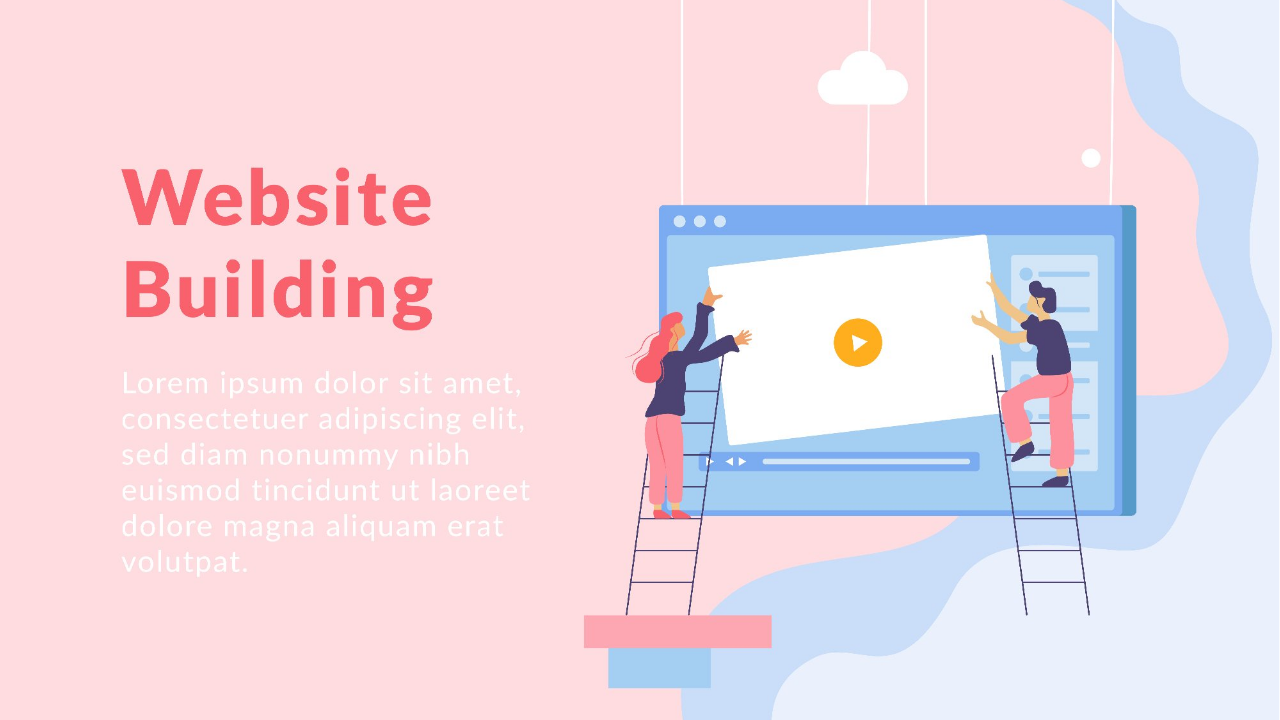Helping You Build a Faster Website
Admin
June 22, 2023
How long can you wait patiently for your website to load?
2 minutes...5 minutes...or maximum 10 minutes! Not really, research shows that on an average users wait only for 10 seconds before clicking the back button. Yes 10 seconds is the maximum patience that users have. To compete with negligence patience levels you need to have a fast website.
Some of the benefits of having a fast website are:
Below are some tips to ensure you don't lose in the race of coming first.
1. Trimming Content:
Lots and lots of data take more time to load. So be crisp in writing. Ensure that you trim the excesses in your content so that your website becomes faster while loading.
2. Server
There are lots of server providers who charge less but provide slow speed. Be sure you don't fall for low price servers. While choosing the server have all necessary details right.
3. Install Proxy server- load sharing server
A proxy server is an interim server that connects the user and the main server. This is like Random Access Memory (RAM) of a computer, which improves the speed of page download.
4. Write an optimized code
Check your code, if you all your tags are necessary or extras. Writing code efficiently not only reduces file sizes of your HTML but also makes them easier to maintain.
5. Mobile version websites
Moving with the technology, if you have a mobile version of your website, then ensure that it is coded and designed differently and aptly for mobile screens. Mobile versions are mostly coded in HTML5, and focused only on utility with minimum text and images.
6. External JavaScript and CSS files
When integrating JavaScript or CSS files make sure you put them in external files as the browser caches external resources like CSS and JavaScript files. This reduces the page download time. Conversely, inline CSS increases rendering time of the web page.
7. Write Java Script code at the end of the page
Writing java script code at the end of the page makes the page more responsive to the user. Java script blocks everything else from rendering unless it is finished downloading. It is always better to have the scripts loading at the end of the page.
8. Do not re-size image in HTML
If you want to re-size an image on your web page, then use proper software like Photoshop, Corel draw, etc. Re-sizing image on HTML makes the image heavier to load.
9. Caching Systems
Using a caching system ensures your website will have to create the content only once every time the visitors visit it. It also periodically refreshes their caches depending on how you set it up.
10. Optimize Web Caching
Your website should use web caching as much as possible. Web caching refers to files being cache by the web browser for later use.
Having a fast website is beneficial in many ways. The users have many choices and instant results with search engines. There is an overload of information and data. In this scenario, if the users have to wait for the page to download, then it may irritate the user, and he would leave the site. Thus a fast website is vital, essential and absolutely necessary.
Always hire a good web development company to ensure that you get a complete package. They guarantee quality custom web design and proper programming which enhance the performance and speed of your website.
Image Credit
Popular in last 7 days
Transform Images to Videos with these Free AI Tool
October 07, 2024
Proven Strategies to Earn Money from Facebook Today!
October 20, 2024
Top 15 YouTube Channels in United States in 2024
October 07, 2024
Popular in last 30 days
Transform Images to Videos with these Free AI Tool
October 07, 2024
Proven Strategies to Earn Money from Facebook Today!
October 20, 2024
Top 15 YouTube Channels in United States in 2024
October 07, 2024

How To Hide Post Author on MAXSEO Blogger Template
June 29, 2021
Popular in last year
Transform Images to Videos with these Free AI Tool
October 07, 2024
Top 15 YouTube Channels in United States in 2024
October 07, 2024
Proven Strategies to Earn Money from Facebook Today!
October 20, 2024

How To Hide Post Author on MAXSEO Blogger Template
June 29, 2021
All time Popular
Transform Images to Videos with these Free AI Tool
October 07, 2024
Top 15 YouTube Channels in United States in 2024
October 07, 2024
Proven Strategies to Earn Money from Facebook Today!
October 20, 2024

How To Hide Post Author on MAXSEO Blogger Template
June 29, 2021
Contact form
Search This Blog
Webbyfan.com | Copyright © 2017 - 2025



0 Comments